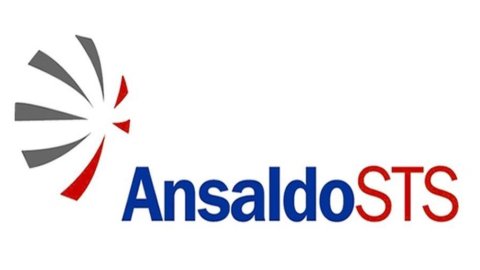In February 2015 Finmeccanica sold Ansaldo STS and Ansaldo Breda to Hitachi. The deal it would seem to have a plausible industrial logic, and analysts also appear to be convinced of this. However, at the same time they demonstrated perplexity about the official numbers of the operation: paying €30 million. for various business units of Ansaldo Breda (not excluding liabilities) and €761 m. for 40% of Ansaldo STS, Hitachi allegedly paid an excessive price for Breda (approx. €30 million against a negative valuation oscillating between €200 and €400 million.); and for 40% of Ansaldo STS, an amount which implies a more or less correspondingly lower valuation.
If this were indeed the case, how would this glaring anomaly be explained? And what would that imply? A possible answer to the first question is that the seller and buyer of 40% of Ansaldo STS have attempted to exploit the availability of an alternative channel (100% of Ansaldo Breda) for the payment of a part of the consideration due for the sale of the investment in control in Ansaldo STS. Inflate the price of the unlisted it may have allowed Finmeccanica to write off certain capital losses and thus improve its balance sheets; and Hitachi to achieve significant savings on the costs of the subsequent mandatory takeover bid.
However, this would result in serious damage to the minority shareholders of Ansaldo STS, who would have to be content - and this is the answer to the second question - with a "discounted" consideration. Although it is not possible to reach any conclusion on the basis of public information alone, this hypothesis would seem to be confirmed by the fact that, prior to the opening of the offer, the exchange price of the shares of the target was clearly above the consideration offered by Hitachi. Furthermore, having learned the terms of the transaction, even the board of statutory auditors of Ansaldo STS jumped: which - given the purely "notary" role to which this body is often relegated - could perhaps be read as an indicator of the seriousness of the situation. The grumblings of the more sophisticated shareholders of the same company were also immediate, who, in fact, then turned to the Supervisory Authority. Lastly, not even the independent directors have issued a positive opinion on the adequacy of the takeover bid price. Some (including even one of the directors elected in the majority lists on the recommendation of Hitachi itself) without hesitation said it was incongruous; others, albeit with the deference typical of those who are there thanks to the votes of the controlling shareholder, have deemed they could not go beyond the statement according to which the consideration would be placed in a range fairness and also added, as if to recognize the existence of an "imbalance" to be remedied in some way, that it would in any case be desirable to distribute the profit accrued between the announcement of the transaction and the date on which the consideration for the actions taken.
Unless we want to hypothesize that the statutory auditors, shareholders and independent directors of Ansaldo STS have fallen into error or have even acted speciously, the elements available are at least worth instilling the doubt that something is wrong. An in-depth investigation into the matter and, if necessary, a corrective action by Consob therefore appear necessary, not only because of its mission institutional, but also - and above all - because it is precisely on the work of the Supervisory Authority that the protection depends "in-action” of minorities faced with transactions of this type: since there is no conflict of interest discipline as adaptable and pervasive as the US one and not even a remedy similar to theappraisal right (similar to our right of withdrawal), after the fact there would only be space to ask for compensation for damages (without being able to count on any specific precedent): which - of course - would have prohibitive costs (at least) for small shareholders.
In any case, Consob - and this bodes well - up to now has not been idle. After having suspended the procedure for approving the offer document last November, it then gave the green light in early December but without excluding "any further evaluations on the price". However, it is precisely in the light of this referral that Consob (which already in 2012 e in 2013 has shown a certain sensitivity with respect to this kind of problem; but has also sometimes denied the legitimacy of the requests of the investors, who now seem determined to assert their rights elsewhere) now it is necessary to carry out a scrutiny that goes far beyond the external forms of the exchange and arrives at a precise measurement of the exact consideration paid to Finmeccanica for 40% of Ansaldo STS.
A mere facade revision of the price offered or a compromise solution would be of little use and would represent two options not appreciated by the market and institutionally inadequate. Desirable, however, is that as far as possible (ie, to the extent that the complexity of the story and in particular the difficulties of evaluating a company allow it) a precise definition of the true values at stake is reached, so as to demonstrate that ours is a market in which those who hold minority shares in a listed company he is not only left at the mercy of the controlling shareholders, but can be confident of obtaining the agreed return on the investment, also thanks to an Authority ready to guarantee observance (of the spirit, not only of the letter) of the disciplines in force. In the meantime, the funds continue to say they are dissatisfied with the offer received and to rake in (rights on) shares in view of achieving an easy capital gain. Consob's decision is expected today (or Friday at the latest), when it will finally be known whether "Italy´s corporate governance is [really] changing for the better".




